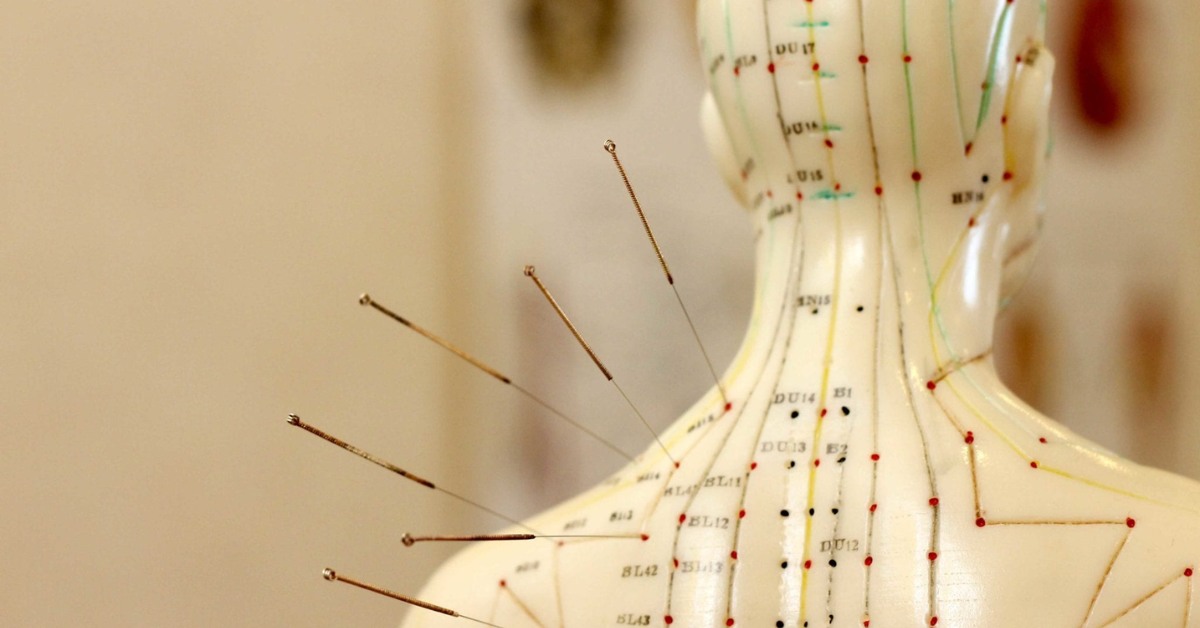Best TCM Acupuncture: A Guide to Healing and Wellness
Traditional Chinese Medicine (TCM) is an ancient system of health care that has been practiced for thousands of years. One of the most prominent aspects of Best TCM Acupuncture, a therapeutic technique that involves inserting fine needles into specific points on the body to stimulate energy flow and promote healing. Acupuncture is believed to help balance the body’s energy, or “Qi,” and has been used to treat a wide variety of health conditions.
What is Acupuncture?
Acupuncture is based on the concept that Qi flows through pathways in the body known as meridians. These pathways connect various organs and body systems. When the flow of Qi is disrupted, it can lead to illness, pain, and imbalance. Acupuncture works by restoring the natural flow of Qi, thereby helping the body return to a state of harmony and health.
The process involves the insertion of ultra-fine, sterile needles into specific acupuncture points along the meridians. These points are selected based on the individual’s condition, diagnosis, and overall health needs. Despite the use of needles, acupuncture is generally considered a minimally invasive and pain-free treatment. Many people report feeling relaxed and at ease during and after a session.
Benefits of Acupuncture
Acupuncture is known to offer a wide range of benefits, addressing both physical and emotional health. Some of the common conditions that acupuncture can treat include:
- Pain Management: Acupuncture is widely recognized for its ability to alleviate chronic pain, including back pain, neck pain, arthritis, and headaches. It is thought to stimulate the body’s natural pain-relieving mechanisms, helping to reduce inflammation and promote healing.
- Stress Relief and Mental Wellness: Many people turn to acupuncture to reduce stress and anxiety. By stimulating the body’s energy pathways, acupuncture helps activate the parasympathetic nervous system, promoting a state of relaxation and calmness.
- Digestive Disorders: Acupuncture can also help with digestive problems such as irritable bowel syndrome (IBS), bloating, constipation, and indigestion by promoting better energy flow to the digestive organs.
- Sleep Disorders: For those suffering from insomnia or disrupted sleep, acupuncture can regulate sleep patterns by harmonizing the body’s energy and calming the nervous system.
- Women’s Health: Acupuncture has been used effectively to treat conditions related to women’s health, such as menstrual irregularities, fertility issues, and symptoms of menopause like hot flashes.
- Overall Wellness: Regular acupuncture sessions can improve the body’s overall health, boost immunity, and enhance energy levels. By strengthening the body’s natural defense mechanisms, acupuncture can contribute to a general sense of vitality.
How Does Acupuncture Work?
Acupuncture works by stimulating specific points on the body, which are believed to correspond to different organs and systems. The insertion of needles at these points helps to unblock any disruptions in the flow of Qi, enabling the body to heal itself.
In modern times, acupuncture has been studied through the lens of Western medicine. Research suggests that acupuncture may stimulate the release of endorphins and other neurochemicals that have a positive effect on pain and mood regulation. Additionally, acupuncture is thought to improve circulation and reduce inflammation, both of which play a key role in the healing process.
What to Expect During an Acupuncture Session
Before your first acupuncture treatment, a licensed acupuncturist will conduct a thorough consultation to understand your health history, symptoms, and any concerns you may have. This will help the practitioner determine the most appropriate treatment plan for you.
During the session, you will typically be asked to lie down comfortably, either on your back or side, depending on the areas being treated. The acupuncturist will insert very fine needles into the designated acupuncture points. Most patients feel little to no discomfort during this process. The needles may remain in place for about 20 to 30 minutes, during which time you can relax and allow the treatment to take effect.
Finding a Qualified Acupuncturist
To ensure that you receive the best possible treatment, it is important to find a licensed and experienced acupuncturist. Look for someone who is trained in Traditional Chinese Medicine and has a thorough understanding of acupuncture techniques. Many acupuncturists also offer consultations to discuss your needs before beginning treatment.
Additionally, it is always a good idea to check reviews and testimonials from previous patients to gauge the quality of care provided.
Conclusion
Acupuncture, as part of Traditional Chinese Medicine, offers a natural and holistic approach to health and wellness. Whether you’re seeking relief from chronic pain, stress, digestive issues, or simply want to improve your overall well-being, acupuncture can provide valuable benefits. By choosing a qualified practitioner and undergoing regular sessions, you can experience the healing power of this ancient practice and embrace a balanced, healthier life.







